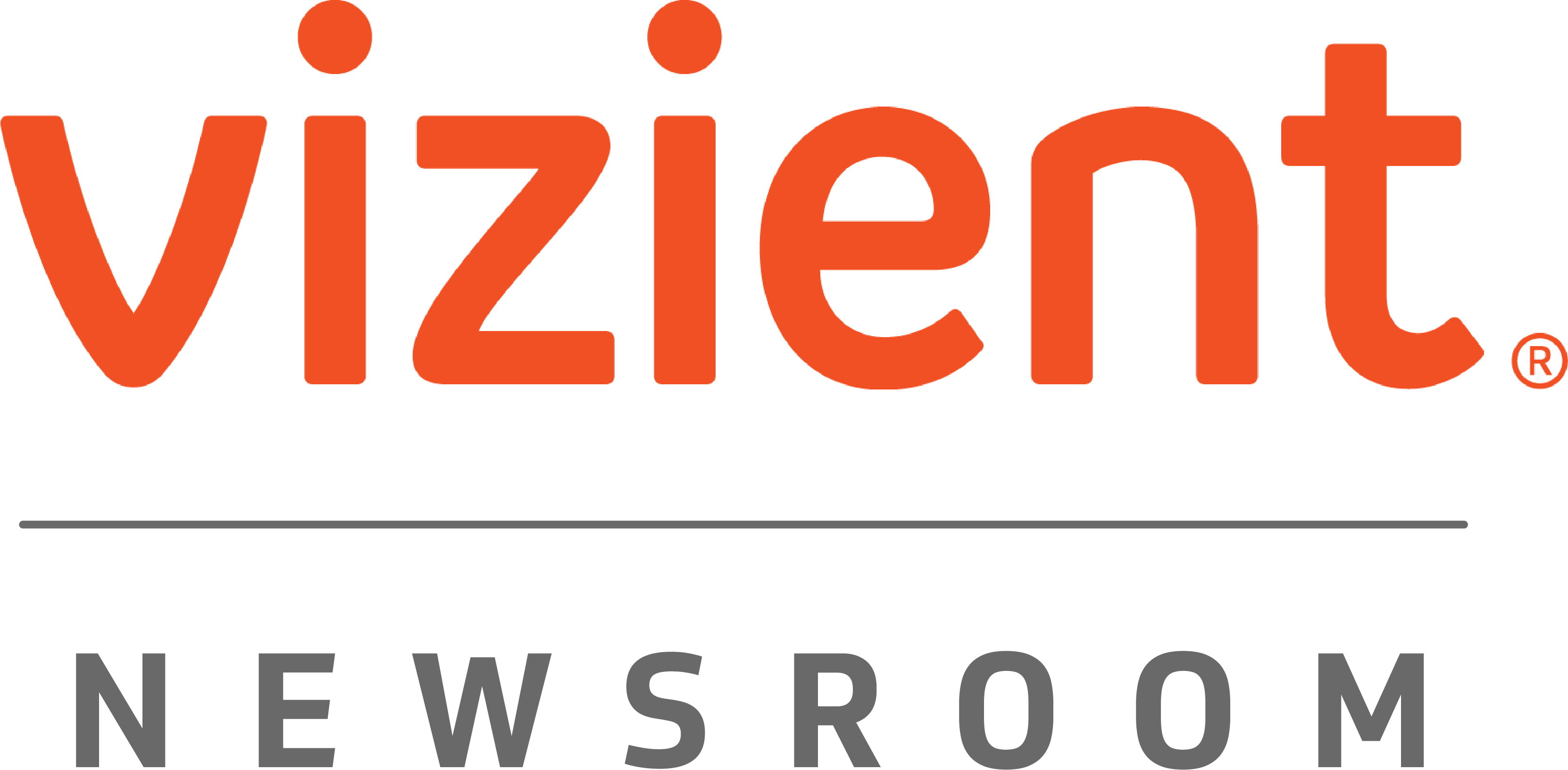by Byron Jobe
Vizient President and Chief Executive Officer
Dorothy Deming knew she wanted to be a nurse from an early age, and her success seemed all but inevitable. After graduating from Vassar College, she attended Yale before becoming a student nurse at the prestigious Presbyterian Hospital School of Nursing in New York. But her plans and pedigree were quickly tossed aside when the pandemic hit. As she served on the frontlines, she recounted a now-familiar scene:
Almost overnight the hospital was inundated. Units were emptied quickly of patients with other ailments, and only emergency operations were performed. Cots appeared down the center of the hallways … vacations all cancelled … classes disrupted. Care was mainly supportive: we gave heart and respiratory stimulants, or sedation as the condition dictated. A variety of cough medicines were ordered. We were forever balancing the advantages of forcing fluids against the disadvantages of edema, as kidneys or heart became overtaxed, and the lungs showed congestion. Victims came on stretchers…their faces and nails were blue.
This scene may be familiar, but it isn’t recent. Dorothy Deming was born in 1893, and her description depicts the height of the 1918 flu pandemic that claimed at least 50 million lives worldwide at the tail end of World War 1.
Fast forward a century, and the phrase “unprecedented times” seems almost cliche. From COVID-19 to the economy to national and international unrest, it’s easy to feel as though the past few years have been a singular experience. While the context in which we’ve experienced them may be unique to our time, the events themselves are not. And we don’t have to reach very far to find their parallel, as Dorothy illustrates.
A few weeks ago, we held our annual Vizient Connections Summit and celebrated the theme “Stronger.” With over 3,400 healthcare providers and suppliers gathered in one place, this theme certainly fit the occasion. As I considered the many conversations I’ve had about the challenges our industry has overcome the last few years and those we continue to face, it became clear to me at this year’s Summit that motivation and inspiration are not in short supply. Rather, I saw the need for hope. And I believe one of the most effective ways we understand hope is when it is grounded in the familiar – the precedented.
Dorothy’s story is important because it reminds us that we’ve been here before.
But the similarities don’t stop with overrun wards. Both pandemics forced new thinking, forged collaboration and expedited innovation. After 1918, preventive medicine came to the forefront of healthcare. Much of the guidance during COVID-19 for social distancing and masks was born from this period. A new emphasis emerged around addressing occupational and social conditions that contribute to poor health, which have evolved into our current conversations around health equity and systemic biases. Access to care took great leaps forward, as the US established employer-sponsored health plans and other countries developed centralized health systems. Similarly, we’ve learned a great deal in recent years about how to better serve our communities and engage those we serve before they walk into a hospital. Epidemiology began to shape public health as we know it today, informing innovations in vaccinations and sanitation, even changing bed frames from wood to metal for better sterilization. Likewise, the COVID-19 pandemic has led to expedited progress in digital health and telehealth advancements, mRNA vaccines supply chain enhancements and more.
These parallels are important because we often need reminders of our resilience. We can overcome today’s challenges because we have overcome them in the past.
Dr. Marc Boom, CEO of Houston Methodist, underscored our opportunity to seek hope in his keynote address at Summit. Houston Methodist was established in 1919 because of the flu epidemic and has been a fixture in the community ever since. As he recounted the many challenges and lessons the organization has endured, Dr. Boom reiterated a simple message of hope through adversity, “Never waste a watershed moment.” For instance, natural disasters helped the system better understand how to respond to the needs of its community more quickly. An identity crisis hindered the system’s performance, which led to a new set of values and goals that revolutionized patient quality outcomes. COVID-19 caused fissures among vaccinated and unvaccinated employees, which led Houston Methodist to become one of the first health systems to require COVID-19 vaccinations for staff (with some exceptions).
We’ve seen COVID-19 spur progress across the healthcare industry, but now we must ask ourselves if we can still wring opportunity from the watershed. Are we finished? Can we continue to reimagine how we engage our workforce? Can we challenge traditional assumptions of care delivery? Can we build more resilient supply chains? I believe we can because we have. And if precedence is any indication, I’m hopeful the next chapter of our healthcare journey will be our finest yet.
About the author
Byron Jobe is president and chief executive officer of Vizient. Jobe has broad and diverse leadership experience in the healthcare industry, including in the areas of strategy, operations and finance. Prior to joining Vizient more than 10 years ago, Jobe served in a variety of roles at Healthvision, VHA, Baylor Scott & White Health and PricewaterhouseCoopers.
